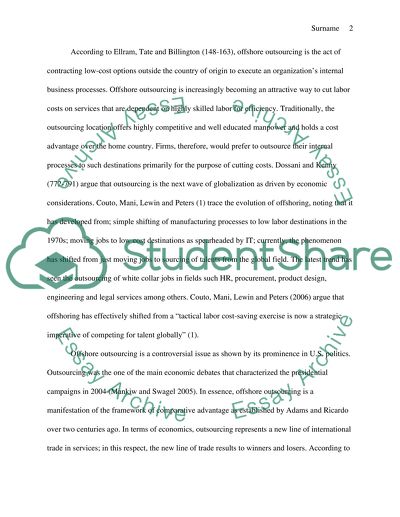Cite this document
(“Sociology of development and or globalization Research Paper”, n.d.)
Sociology of development and or globalization Research Paper. Retrieved from https://studentshare.org/sociology/1593200-sociology-of-development-and-or-globalization
Sociology of development and or globalization Research Paper. Retrieved from https://studentshare.org/sociology/1593200-sociology-of-development-and-or-globalization
(Sociology of Development and or Globalization Research Paper)
Sociology of Development and or Globalization Research Paper. https://studentshare.org/sociology/1593200-sociology-of-development-and-or-globalization.
Sociology of Development and or Globalization Research Paper. https://studentshare.org/sociology/1593200-sociology-of-development-and-or-globalization.
“Sociology of Development and or Globalization Research Paper”, n.d. https://studentshare.org/sociology/1593200-sociology-of-development-and-or-globalization.


